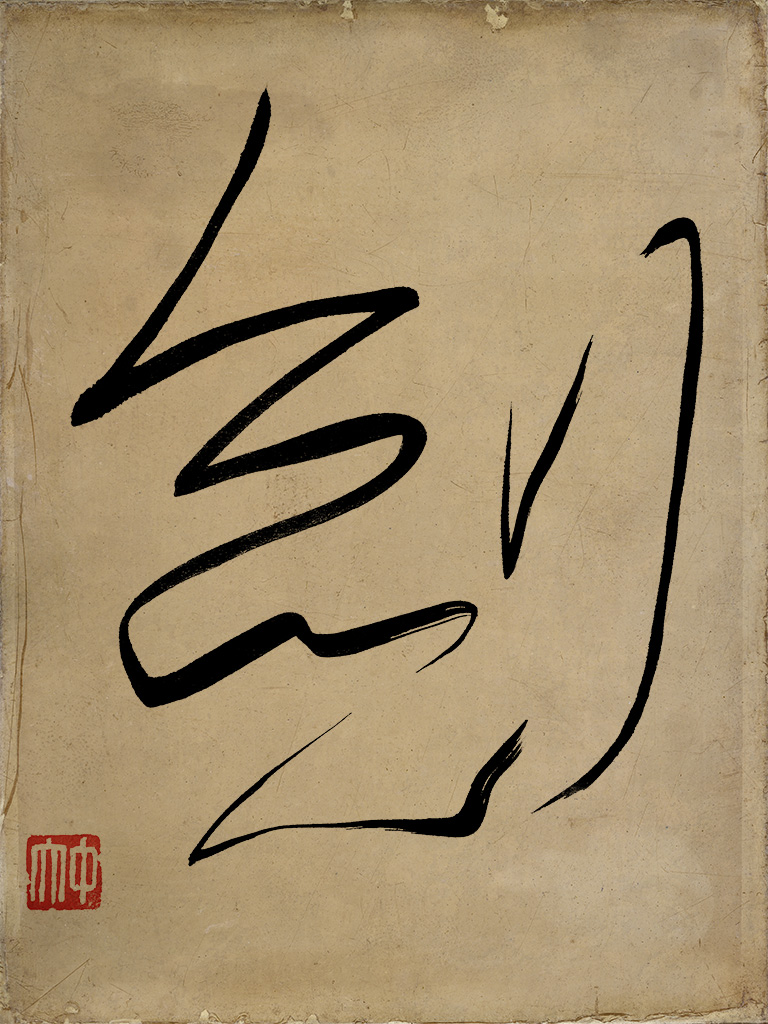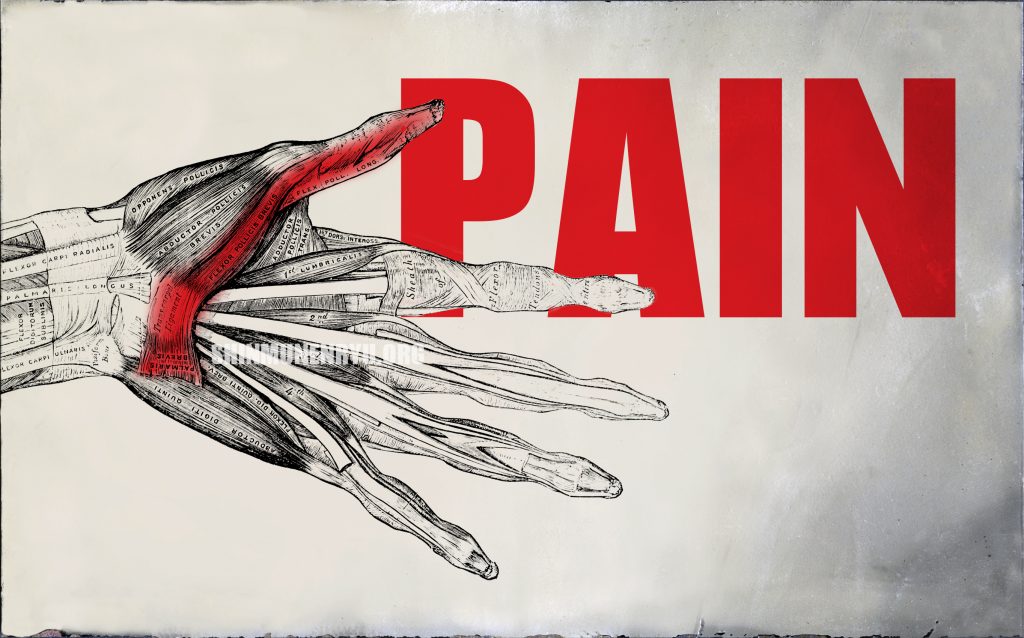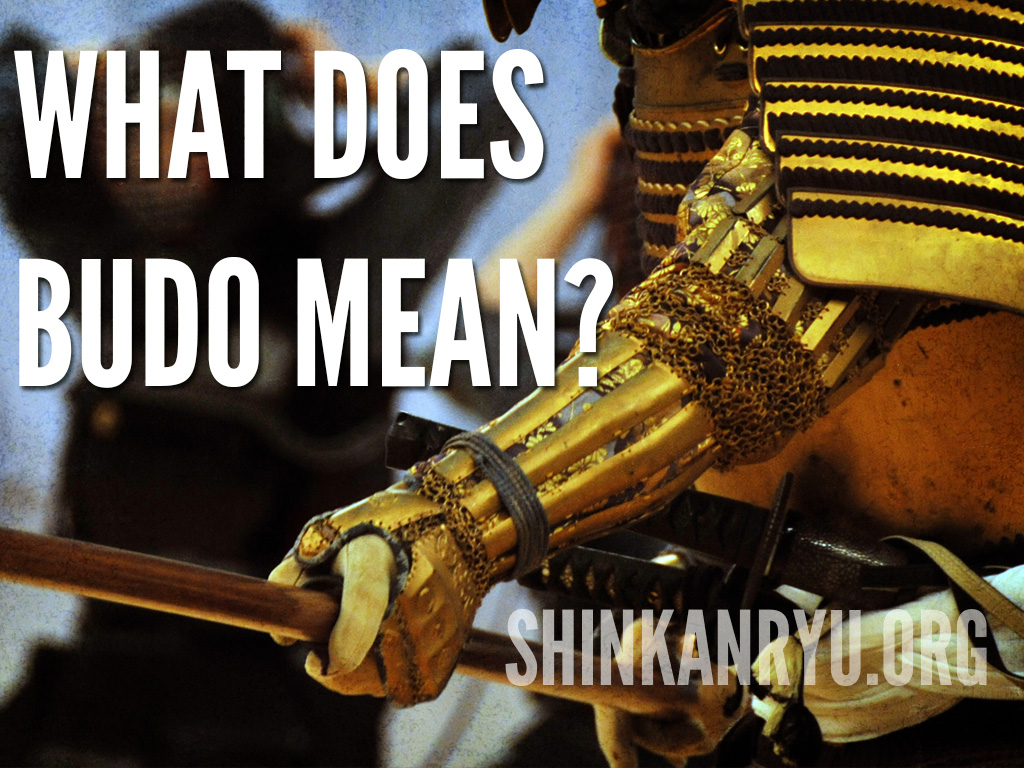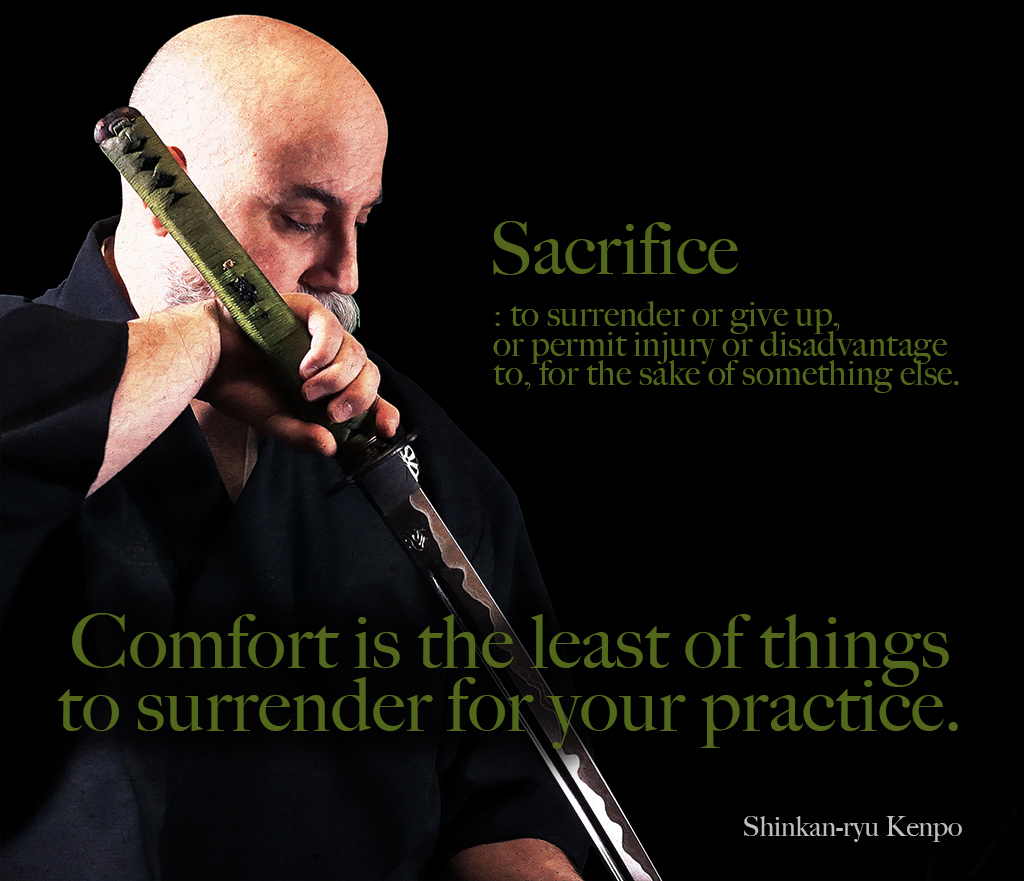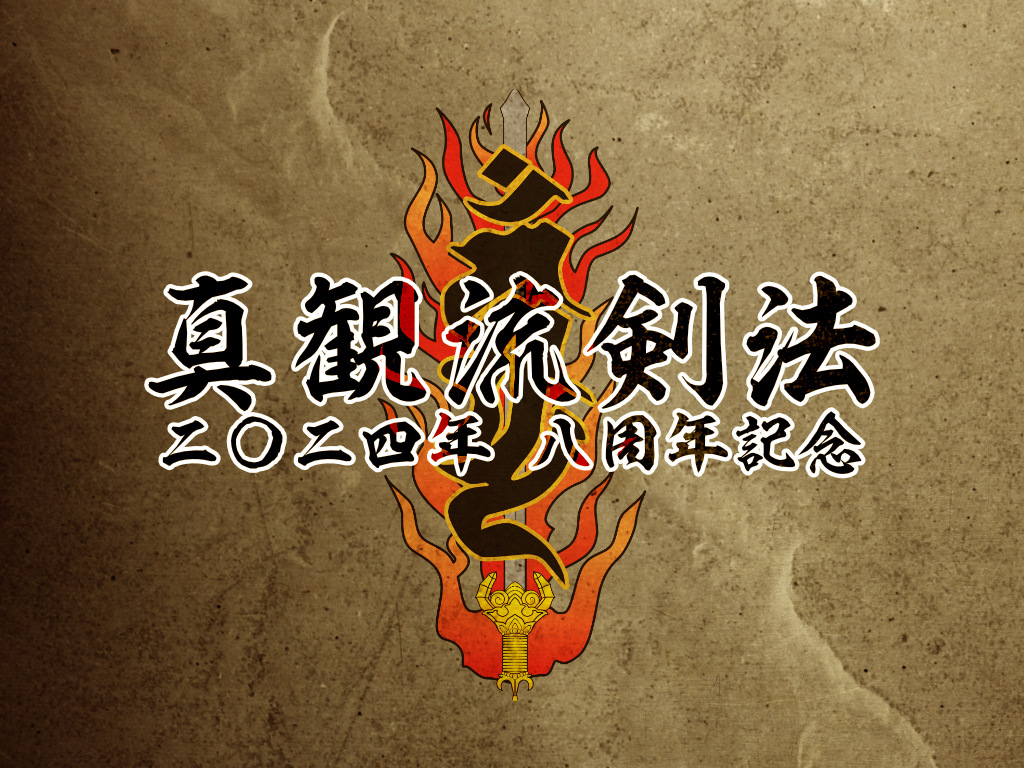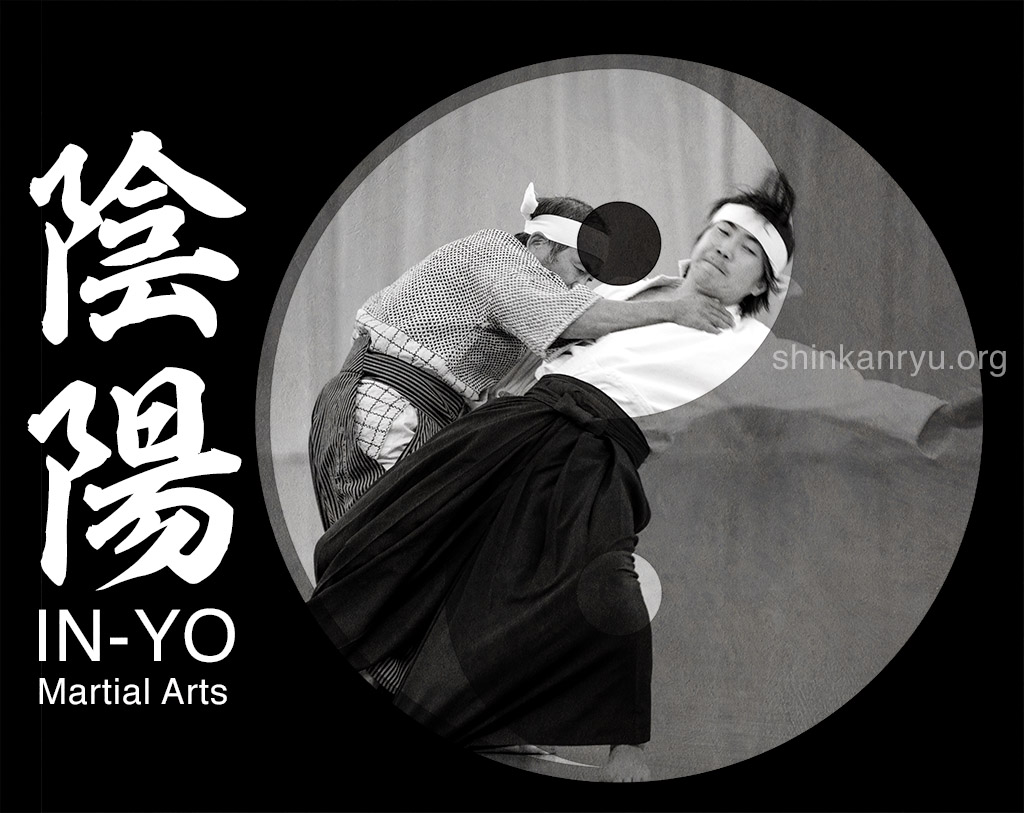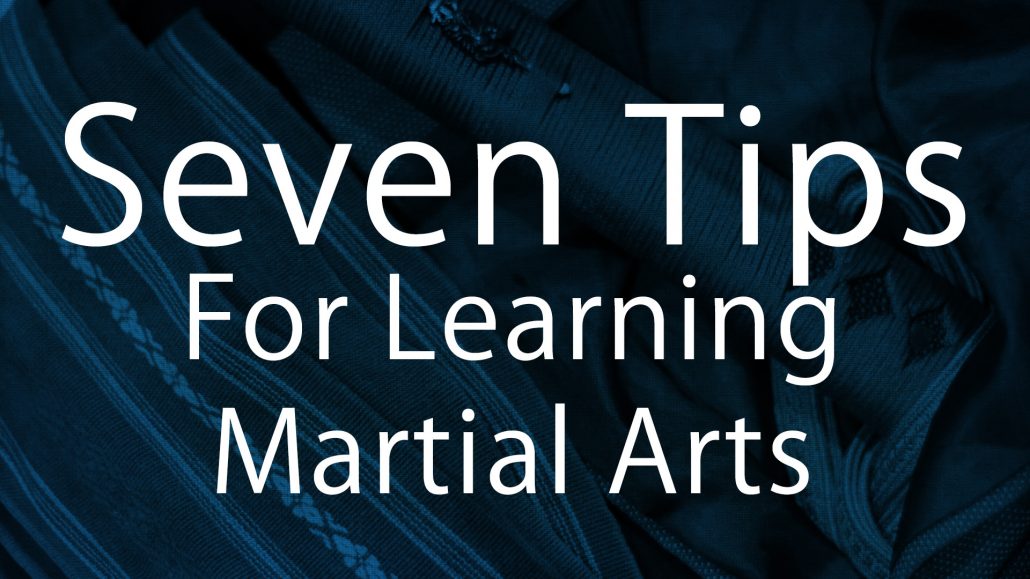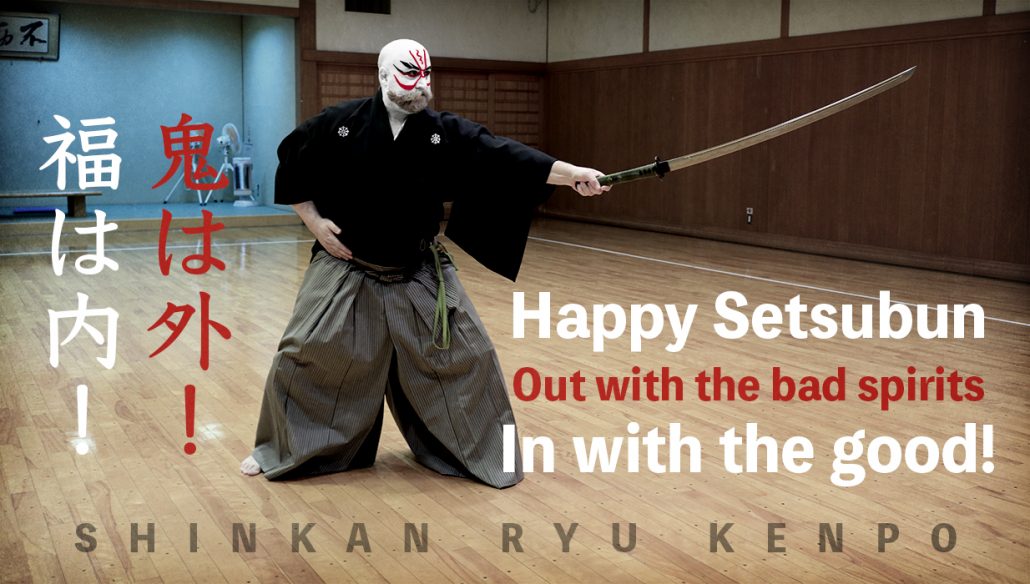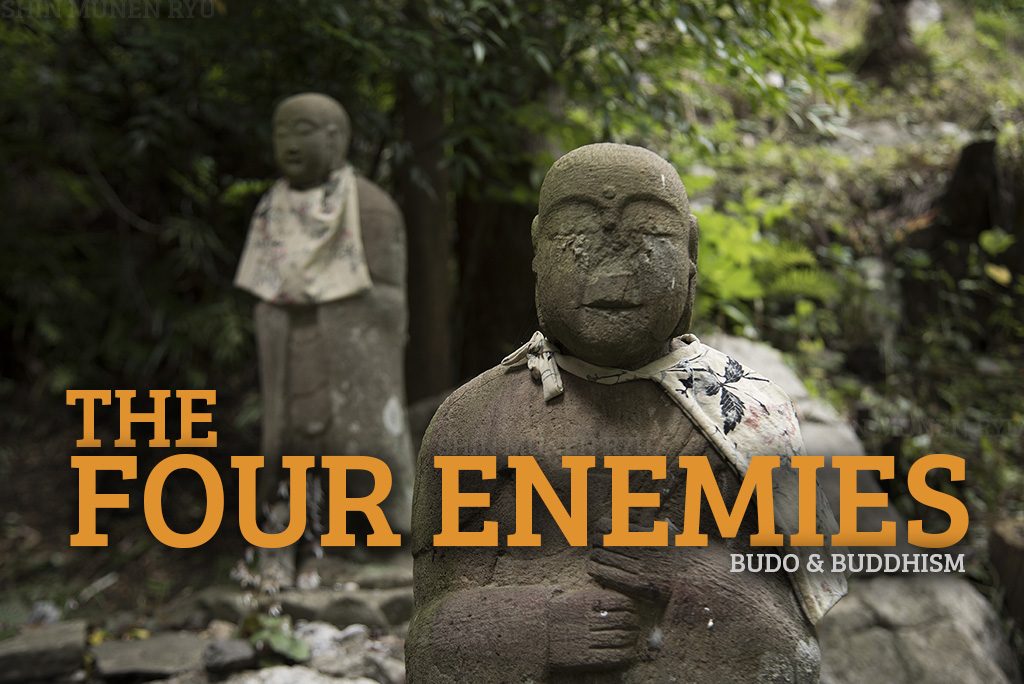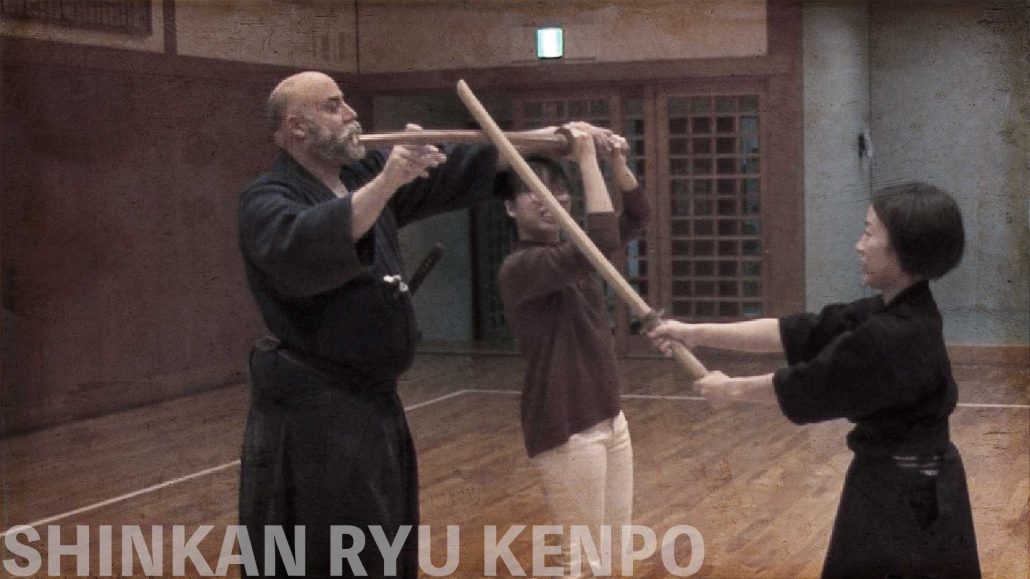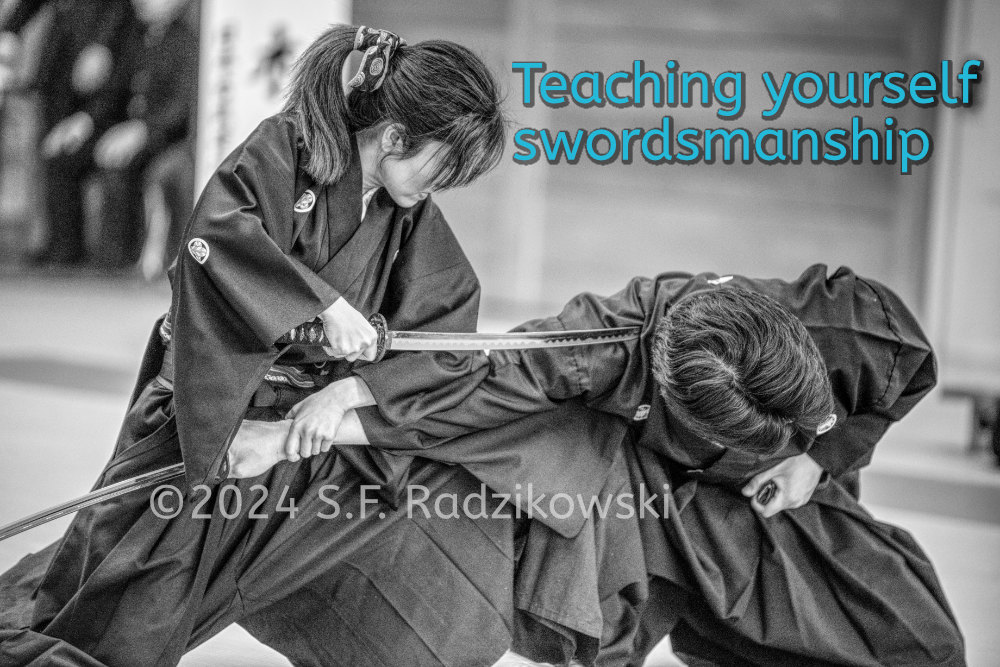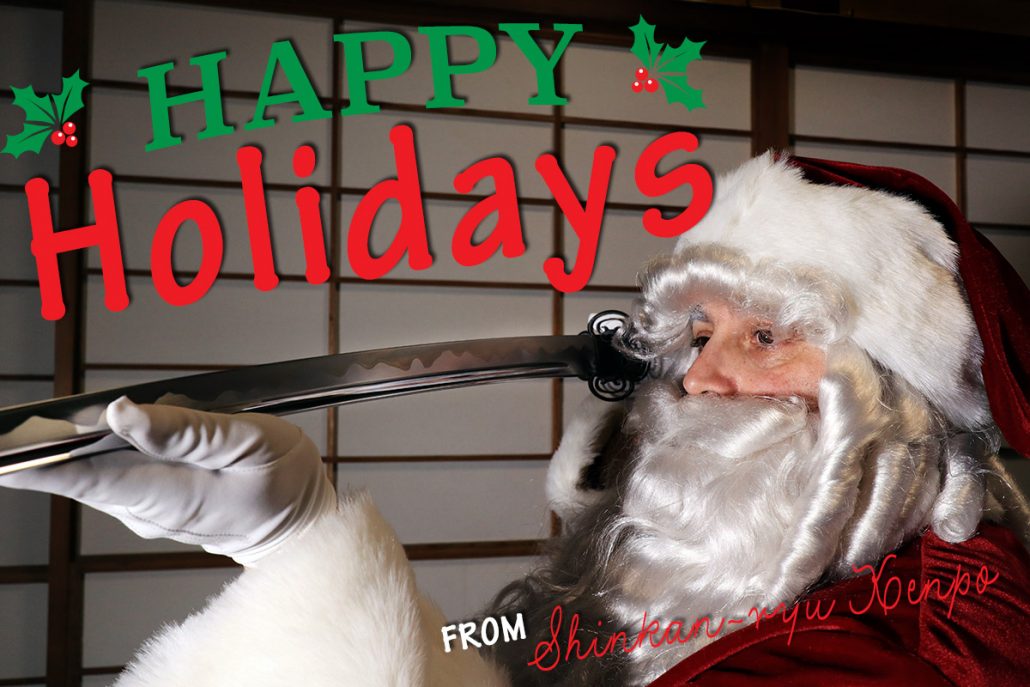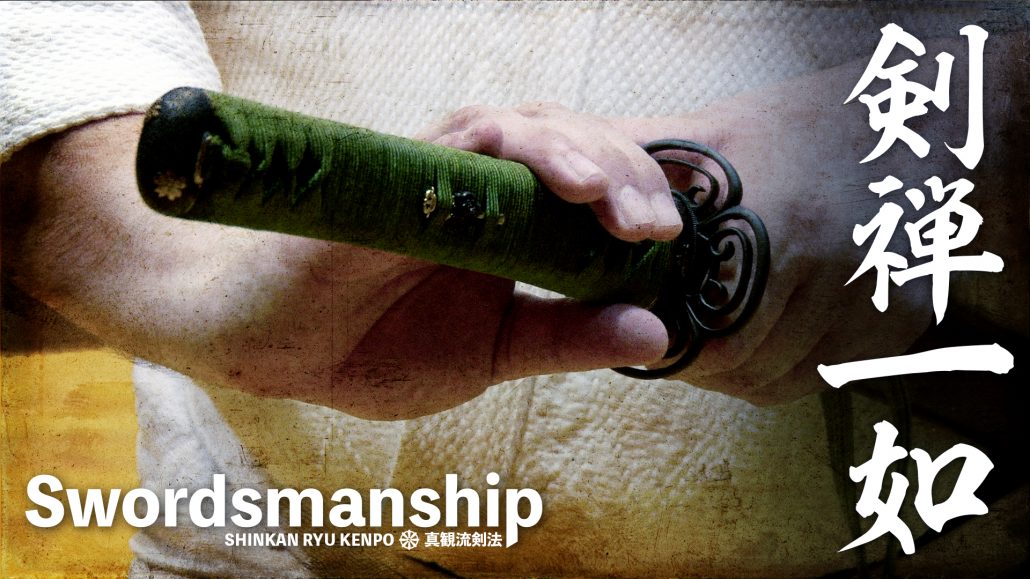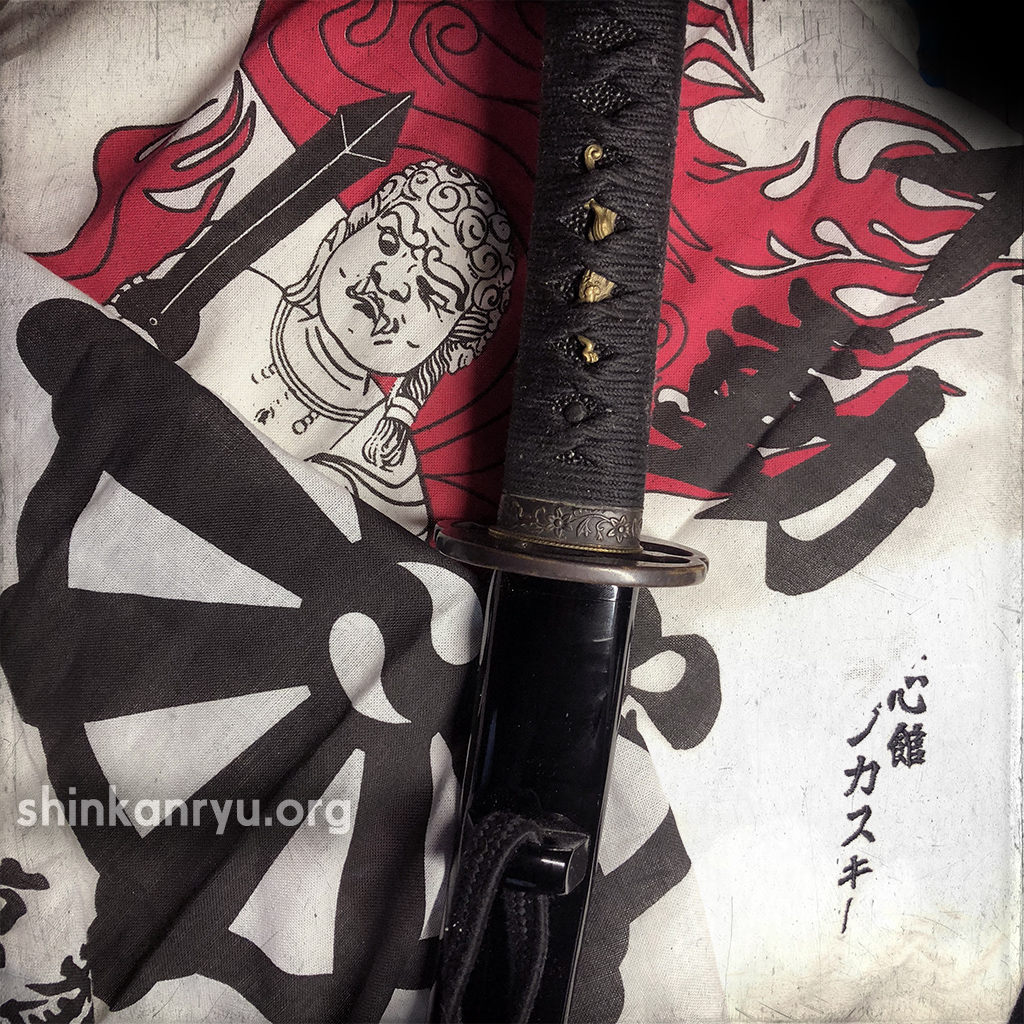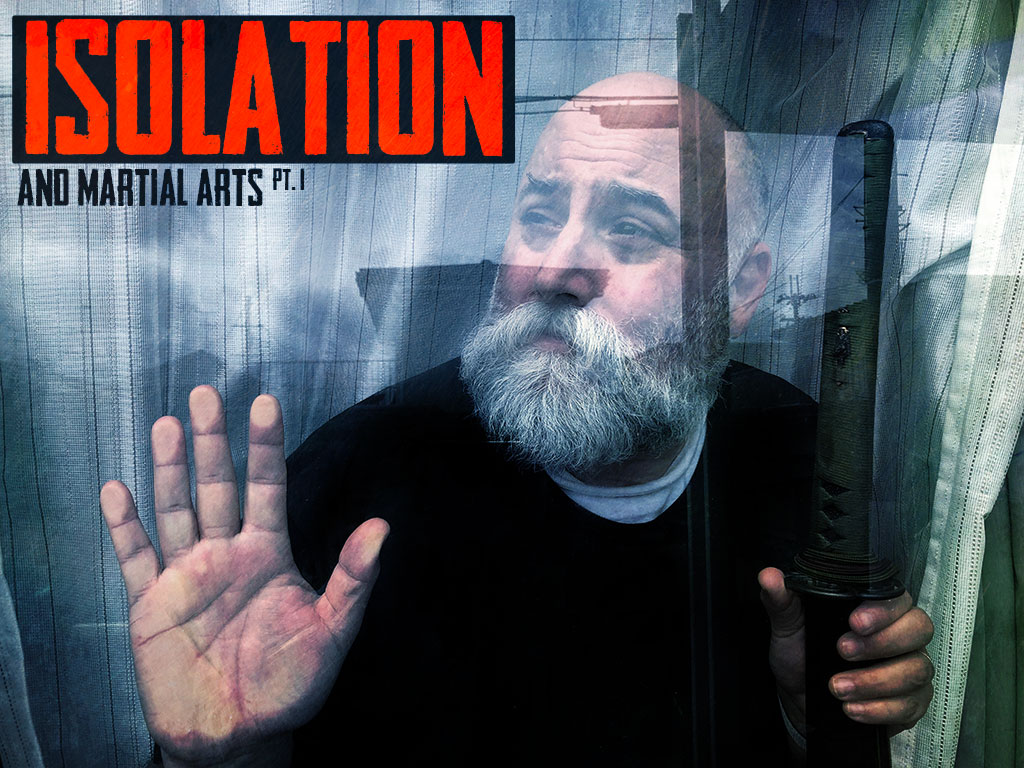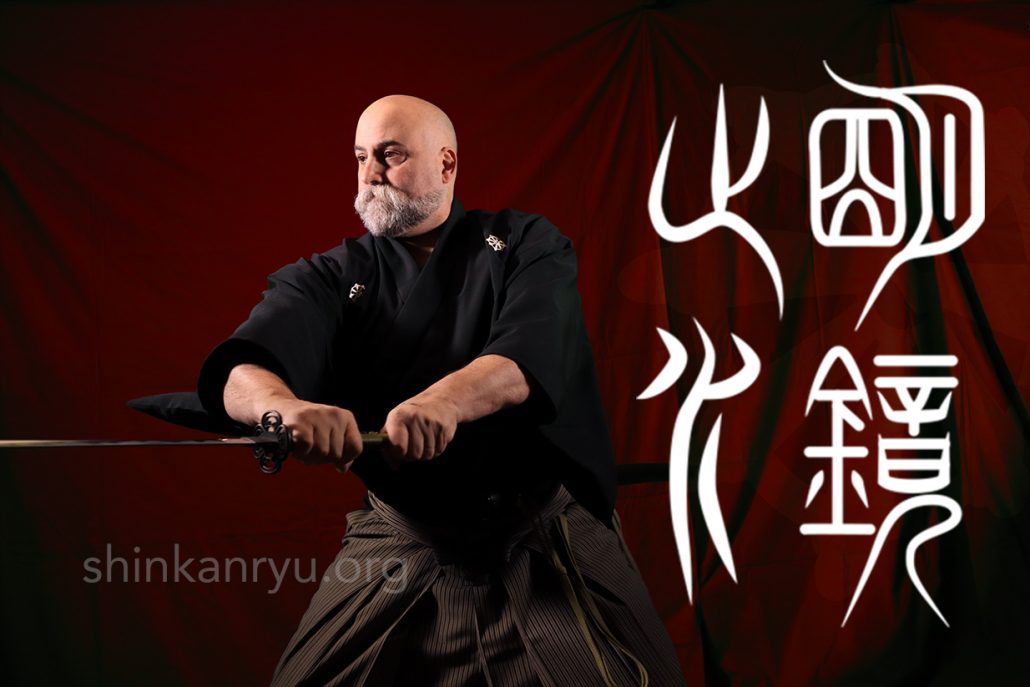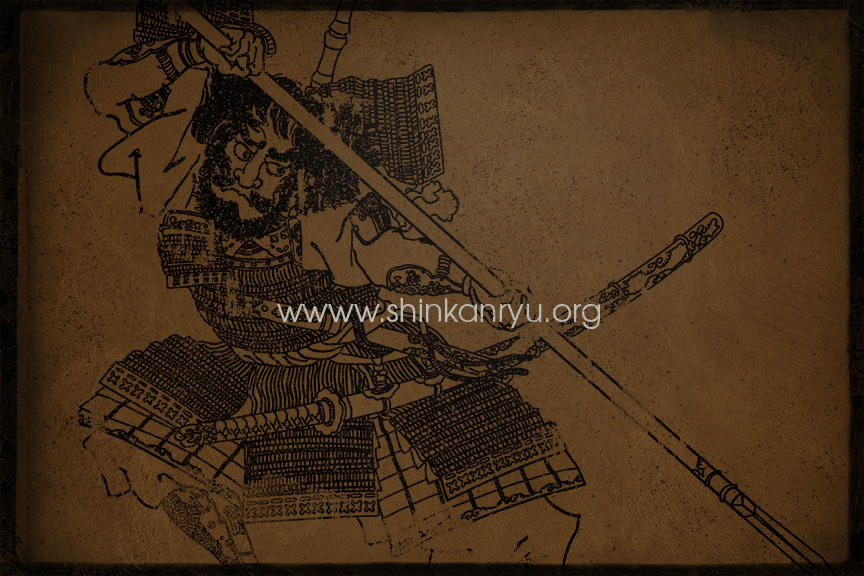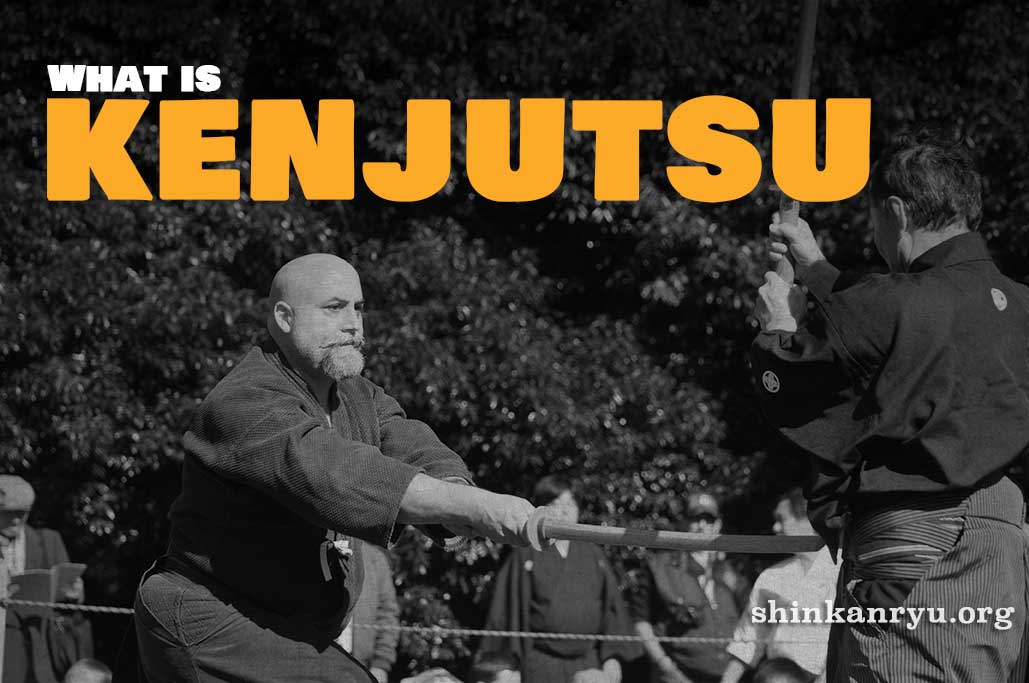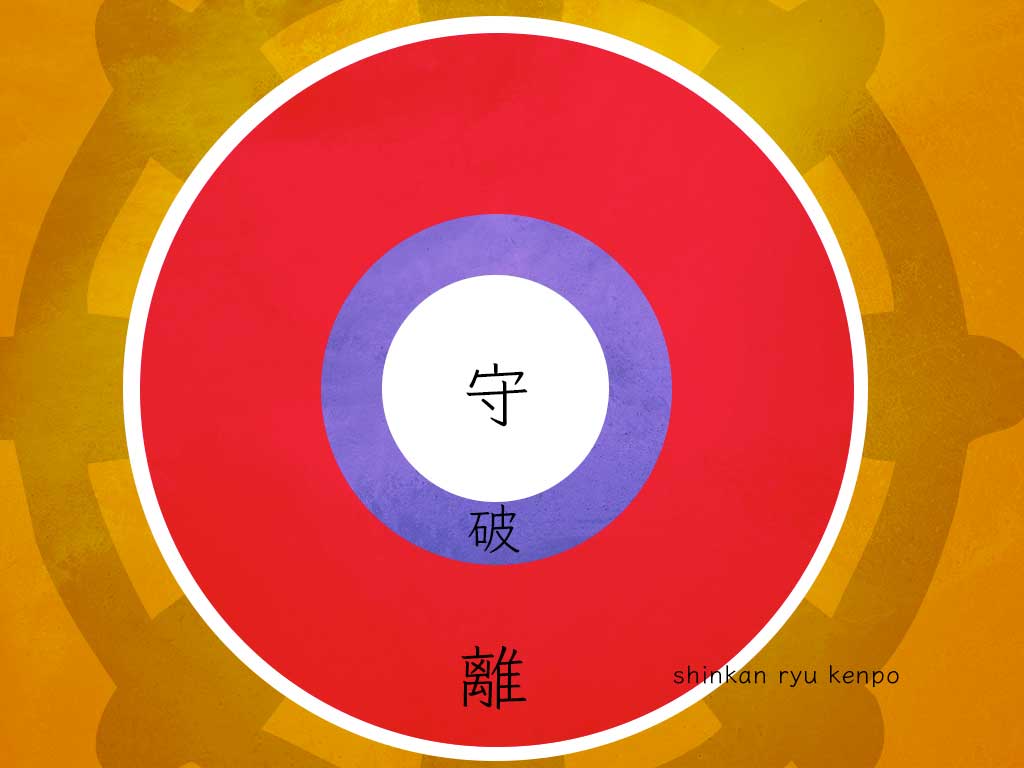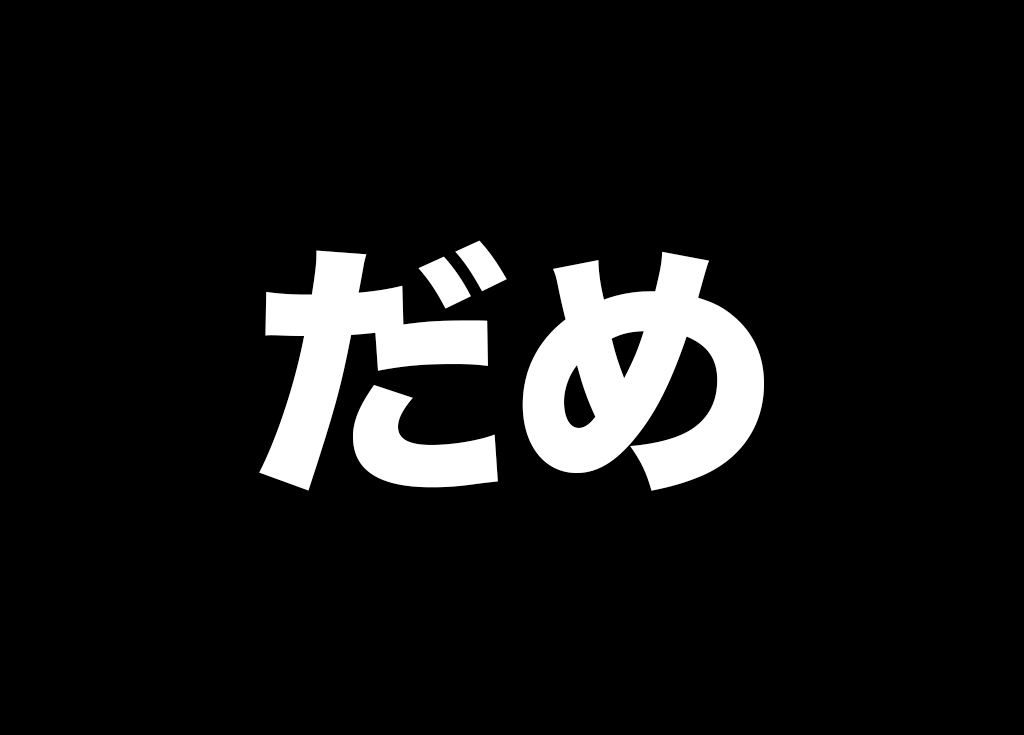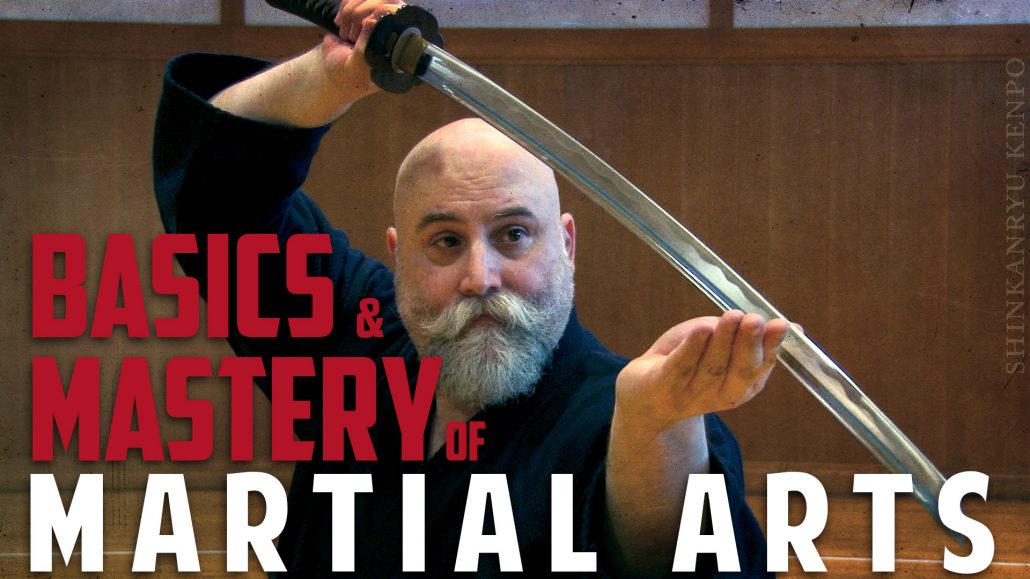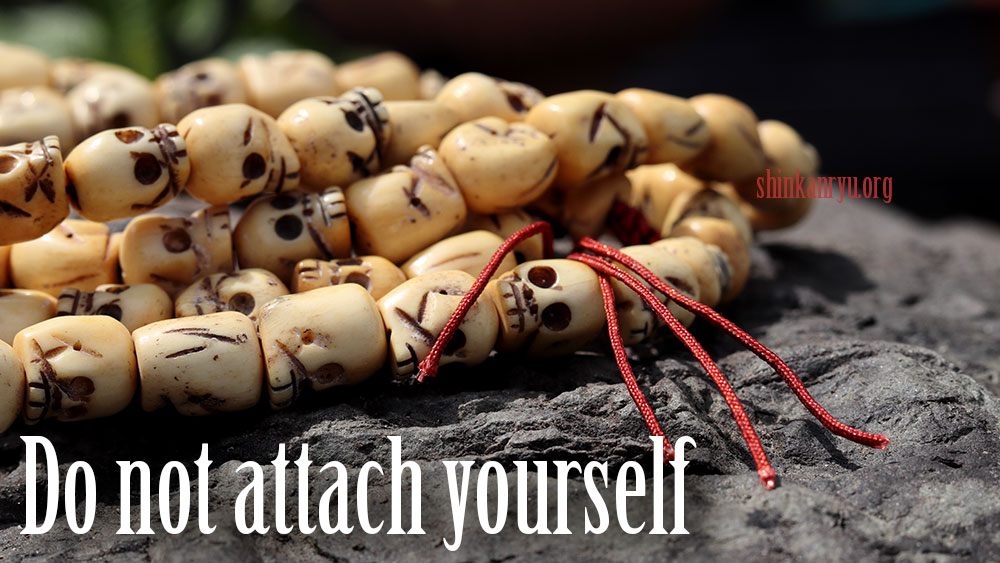The Sword and its study.
Hesitation (doubt) is one of the four diseases in swordsmanship. In martial arts really. It is not unique to swordsmanship. Reluctance to make a decision can lead to problems. Overthinking and over-analyzing ourselves is also a problem. This sickness is often called "gi"疑 and usually referred to as doubt. I feel there are two parts to this, one which is hesitation arising from doubt or confusion.
Walking the middle path and understanding that hesitation and its counterweight, overthinking, are things to be avoided in and out of the dojo.
Frankly, the phrase in and out of the dojo is not a favorite saying of mine. The same goes for the mind or the body. The mind is the body, and the body is the mind. They are not separate. Training should be a continuous matter and not end nor begin at some doorway.
Today I decided to write some kanji in Sosho which is remarkably cursive and difficult to read text in Japanese. At least for me, it is. It takes a special skill to be familiar with this style. In modern Japan, it is the few that can read scrolls or books and signs with this writing. It can be extremely abstract. I am certainly no expert in writing but I was prompted to make a note about it tonight as I felt it relates to bujutsu practice.
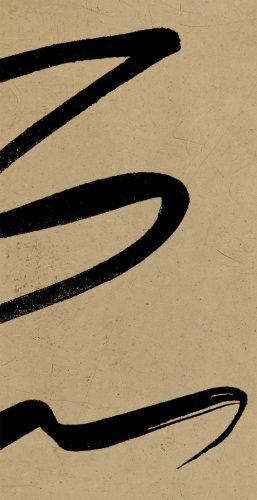
There are many things to read wrongly in my shodo example above. What came to mind while in contemplation was that there was a lot of hesitation. Worry about making errors crept in and caused blemishes of shape and flow in the final writing. This is, of course, ok. Since I am but a single man at a desk with a brush in hand the doubt wasn't life-threatening. It was, however, a hindrance to completing the letter correctly.
That same hesitation can be a severe issue, however, during a sword fight. It can mean the difference between scoring a valid point or not in kendo as well. The goal is not to cut the enemy or score a point, but to rid ourselves of this delay. Many professions as well see doubt as a severe issue. Over time ironing out the hesitation and trusting the hours and hours of practice.
This is not even about repetitive practice either. One can easily snatch a falling object from a table or pen in mid-air. Haven't we all made a super-human catch of something falling and were surprised we did so? That happened because we did so without hesitation. You simply reacted. That speed and ability are essential in our training. Some waza call for that more than others. When you are training in kumitachi, however, you certainly need to have hesitation tampered down if not removed. There are other neurological issues that increase when there is no doubt. I argue that doubt also causes stress or hyper-tonicity of the mind-body.
It seems like common sense, yet what is the hesitation like in your training and life?
One could say, do not just rush into things as well. That is true. One should not just rush into something blindly. Ridding yourself of hesitation does not mean to embrace anarchy and mindlessly flail around in the universe and life.
Again removing hesitation where it's needed. That is the goal. In general uncertainty during a sword fight is not something we want to train for.
Having a clear mind to know the direction and action to take is essential. Having that clear mind is critical. Looking at my writing, I can see the delay that causes imperfections and not the actual skill of my hand or eye. We can say it is the skill, but dissecting it we see the root of the unskillfulness; the hesitation.
Why remove the doubt?
The delay in action actually creates inefficient movement. This, of course, leads to problems on its own but it also makes problems with timing and opportunity. Doubt is also a problem in the spiritual realm and not just the physical.
Where is hesitation wrecking your solo form? Where is it interfering in your paired forms? Are you thinking about these ideas in your practice and life? Thank you for reading my ideas.
©2018 S.F.Radzikowski

ラジカスキー真照
館長Saneteru Radzikowski is the head sword instructor of Shinkan-ryū Kenpō. He lives and teaches Iaijutsu and Kenjutsu from Nara, Japan.
Pain & Training In The Martial Arts
Pain & Training Pain is a universal dilemma. Especially for those in sports or martial...
What does Budō mean?
I’d like to discuss briefly discuss what Budo or Bujutsu means. I’m not a scholar...
Budō Practice & Sacrifice
[fusion_builder_container hundred_percent="no" hundred_percent_height="no" hundred_percent_height_scroll="no" hundred_percent_height_center_content="yes" equal_height_columns="no" menu_anchor="" hide_on_mobile="small-visibility,medium-visibility,large-visibility" status="published" publish_date="" class="" id="" background_color="" background_image="" background_position="center...
Reflections on 31 Years of Martial Arts and 8 Years of Shinkan-ryū Kenpō
不動心 (Fudōshin) – The Immovable Mind As I mark 31 years of practicing martial arts...
Secrets of Swordsmanship: In-yō. Ying & Yang
I wanted to talk about IN-YŌ 陰陽, or more commonly known as yin & yang....
Seven Points For Learning Martial Arts
I am often thinking about how to learn bujutsu productively. The efficiency of body and...
Happy Setsubun
鬼は外! 福は内! In our house we dont use beans to chase out the demons, we...
Four Enemies
Four Friends. Four Enemies. One morning while on alms rounds the Buddha gave a heap...
A Disease of the Swordsman
The Sword and its study. Hesitation (doubt) is one of the four diseases in swordsmanship....
How to learn kenjutsu?
How to learn kenjutsu? Learning anything as profound as a martial art needs a teacher....
Teaching yourself Iaido and Swordsmanship
The Challenges of Self-Learning Swordsmanship In martial arts, particularly in the study of swordsmanship, a...
A Very Budo Christmas Happy Holidays & New Year
Happy Holidays and Happy New Year to all of you that were kind and supported...
Ken Zen Ichi Nyo Sword & Zen Are One
剣禅一如 The sword and zen are one. The mind of zen is an important consideration...
Be Thankful.Be Earnest In Bujutsu & Life
Be thankful for your mistakes, failures, and blunders. They are your own teacher reminding you...
Fear Isolation Martial Arts
Budo does not begin and end when you pass through the dojo, or step on...
正月 Bujutsu New Years 2019
To all of you that have supported and also those that have caused trouble to...
Waza: Quality or Quantity?
Waza Waza Everywhere In our respective martial arts systems, we learn many waza 技 (techniques)....
What is Kenjutsu? A guide to Japanese swordsmanship
Kenjutsu (剣術) is the Japanese art of the sword. It is one of the four...
Shu-ha-ri Budo Learning
Budo Don’t
Don’t be in love with your weapon. Don’t be in love with your uniform. Don’t...
Mastering The Martial Arts and Basics
I will be talking about basics and mastery. Before I begin, I want to say...
Attachment, Budo & Impermanence
It is worth a lot to be mindful of the ebb and flow of all...


